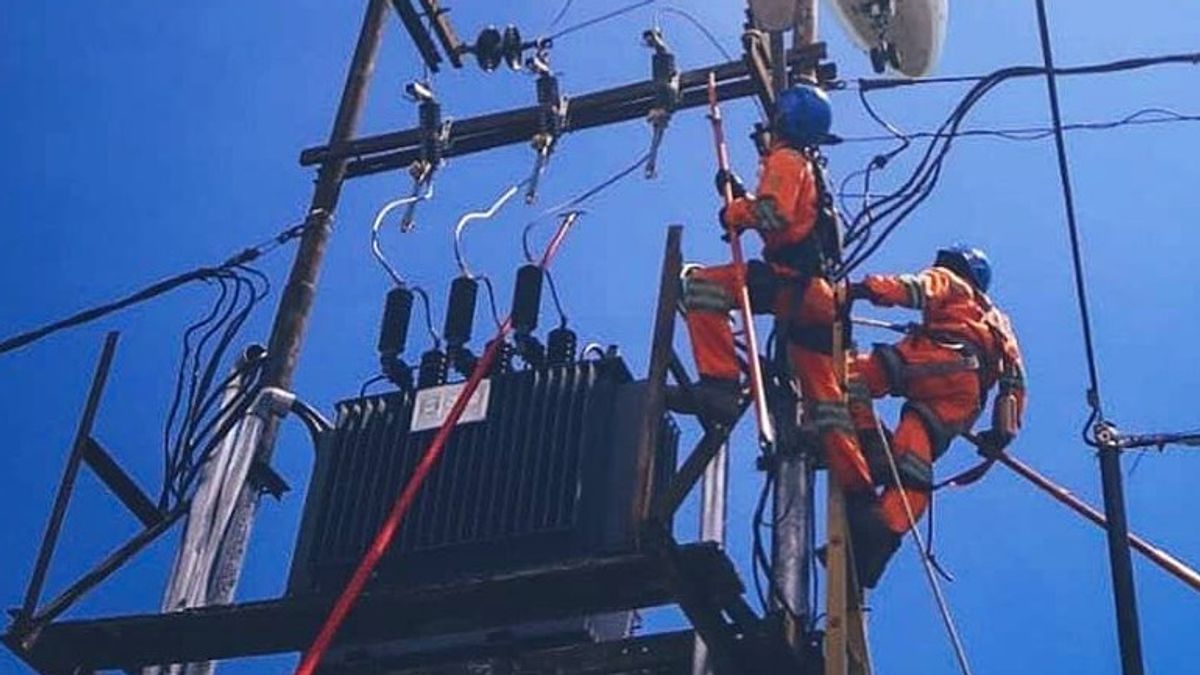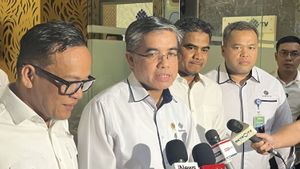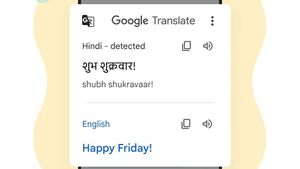JAKARTA - The National Consumer Protection Agency (BPKN) has received many reports of complaints regarding electricity bills that went up during the COVID-19 period. In percentage terms, the specific complaints for household electricity complaints only reached 0.86 percent.
Commissioner of the National Consumer Protection Agency (BPKN) Rizal E Halim said, the increase in electricity bills suffered by many PLN customers at this time could make the consumer's position even more cornered in the midst of the current crisis.
"The phenomenon of the increase in electricity rates in June made us relatively shocked. Particularly in the perspective of Consumer Protection. Why is that? First, we really understand that the situation in our society is difficult," he explained, in a virtual discussion entitled 'During the Pandemic, Electricity Bills Rise. : Miserable Consumers, How Consumers' Fate, Monday, June 15th.
Rizal said, there is an interesting fact from the increase in electricity bills to consumers, namely directing risks to the government because it seems that there is an ambiguity of the government's empathy for the community during the mid-week conditions of COVID-19.

In fact, continued Rizal, President Joko Widodo has clearly given instructions since February that three stimulus packages have been disbursed, the number has even continued to grow, reaching Rp. 677 trillion to help the community.
"The phenomenon of this power surge is no longer a clear evidence of consumer inferiority, it will worsen consumer inferiority. That's why we think there is a need for recommendations or perspectives from the consumer protection side," he explained.
According to Rizal, the position of consumers will be inferior in this electricity bill increase compared to service providers, namely PLN. He said consumers always have to bear the costs.
Furthermore, Rizal said, if the position of soaring electricity bills is experienced by entrepreneurs, there may be talks and a middle ground with PT PLN (Persero). However, this small community is increasingly sucked because of their position always loses.
"All these costs are always borne by consumers. So again, all the problems, both structural and sectoral, are always borne by consumers, so our market is never efficient. Our market is difficult to be competitive. Due to the distortion of the nation, we have never fixed the two things above. and again, of course, the people who are victims of course consumers, "he said.
Moreover, said Rizal, due to this COVID-19 disaster, many people had to be laid off, sent home, and of course this condition would affect their income.
Based on BPKN data, said Rizal, there are four examples of cases that can be submitted. One of them was experienced by a customer named Feru Lantara from Depok. According to Rizal, during the January-May period, electricity payments were stable at Rp. 600 thousand per month, suddenly becoming Rp1.4 million in June.
Similar to Feru, a customer named Suryani from Makassar also experienced a surge in electricity bills. Initially, consumers used to pay electricity consumption bills in the amount of Rp. 600 thousand but there was an increase in bills of up to Rp1.4 million.
"This is a problem and we cannot allow there to be a solution that earlier gives a sense of justice to consumers and gives a sense of empathy to the community. Especially when society is in trouble," he explained.
Bill Increase Due to Increasing Public Electricity ConsumptionOn the same occasion, Director of Commerce and Management of PLN Customer Service, Bob Saril, denied that the calculation of the basic electricity tariff for all groups had increased. The increase in bills imposed in May occurred due to excess electricity consumption since March.
According to Bob, one of the factors that caused electricity consumption to increase was the implementation of the Large-Scale Social Restrictions (PSBB) period in early March. In addition, May coincides with the moment of the month of Ramadan.
"Since COVID-19 and the existence of PSBB, for workers, schools and lectures to stay at home, the increase in usage has increased because activities are at home. In Ramadan, electricity consumption has also increased. In the past, congregational prayers at the mosque, now at home," said Bob.
Like a cakeThen, Bob analogized the increase in customer electricity bills with a cake. In the period December-January-February customers eat five cakes. However, due to the PSBB regulation which causes meter officers to not be able to count directly to the customer's house, PLN applies an average usage system.
Bob said, because in the period from December to February customers only eat five cakes. So PLN counts customers eating five cakes in March, even though the actual number of cakes eaten is seven.
"I billed five cakes, but seven of them had already been eaten. So there are two more cakes the customer has not paid," he said.
Average calculations are also applied in April. Bob gave an example, consumers have eaten nine cakes in April but still paid for only five cakes, so there is a debt of four cakes that has not been paid off.
The debt for the six cakes originating from the March and April periods was then billed by PLN to customers in May. For example, the usage in that month counts for nine cakes, so the total payment will be 15 cakes, an increase of 200 percent compared to the average calculation in December-January-February.
"So it looks like he's wearing nine. Of course nine plus six is an increase of 200 percent. Even though it's a carry over from unpaid usage," he explained.
The English, Chinese, Japanese, Arabic, and French versions are automatically generated by the AI. So there may still be inaccuracies in translating, please always see Indonesian as our main language. (system supported by DigitalSiber.id)













